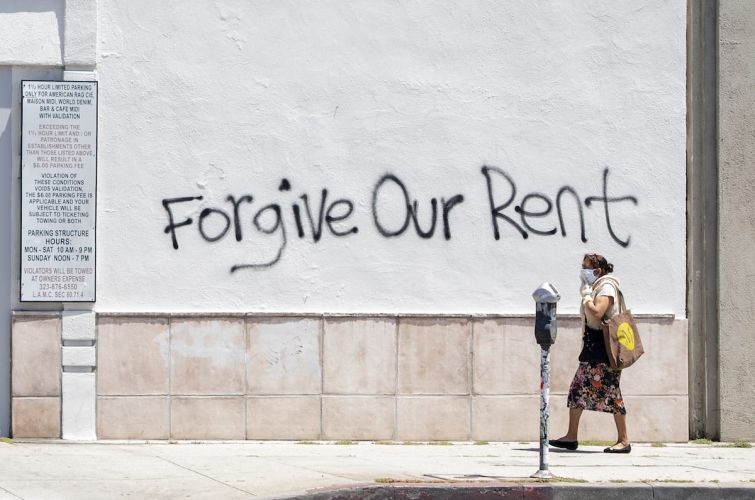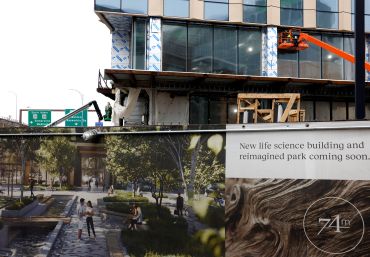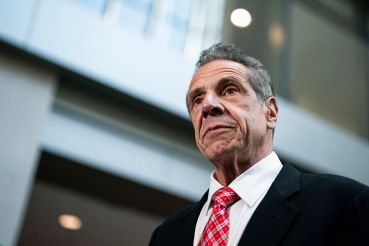California Could Extend Eviction Moratorium to January 2022
To avoid eviction, renters would need to pay 25 percent of the rent owed as of Dec. 31, 2021.
By Greg Cornfield December 8, 2020 7:00 pm
reprints
A California lawmaker wants to extend the state’s existing restrictions on multifamily evictions until January 2022.
With state and federal protections for renters impacted by the pandemic set to expire in the coming months, legislators are facing another impending “eviction cliff.” Assemblyman David Chiu (D-San Francisco) said he introduced the proposed extension to help keep renters in their homes, as many Californians are still unemployed and struggling to pay rent.
To avoid eviction, renters who attest to hardship due to the pandemic would need to pay at least 25 percent of the rent owed between Sept. 1, 2020 and Dec. 31, 2021. Then, any remaining amounts owed to the landlord would be converted to civil debt and could not be used as the basis of an eviction. Landlords would be able to file a lawsuit in small claims court to recover rent owed from tenants starting Jan. 1, 2022.
If a tenant could not pay 25 percent of the rent owed by Dec. 31, 2021, they could face eviction starting Jan. 1, 2022.
Chiu’s office cited a U.S. Census Bureau survey conducted in mid-November that found that more than 2 million renter households in California have “little to no confidence” in their ability to pay next month’s rent. Further, the renewed stay-at-home orders this month will likely continue to strain and burden workers throughout the state. And a recent report from UCLA researchers estimated that lifting eviction moratoriums led to an average of 10,700 additional coronavirus deaths in states that allowed those restrictions to end.
“We are again staring down an eviction cliff that could leave millions homeless in the middle of a deadly pandemic,” Chiu said in a statement. “We must keep Californians housed and look toward providing relief to struggling renters and landlords.”
California largely paused evictions for non-payment of rent until Feb. 1, 2021. For renters who experienced pandemic-related financial hardships and were able to pay 25 percent of the rent they owed between Sept. 1 and Jan. 31, 2021, the law converted the remaining rent owed into civil debt, offering permanent protections from eviction for missed rental payments.
Chiu also introduced a bill to work toward creating a framework for a rental assistance program. Details will be worked out as it becomes clear whether funding will come from another potential federal stimulus bill.


